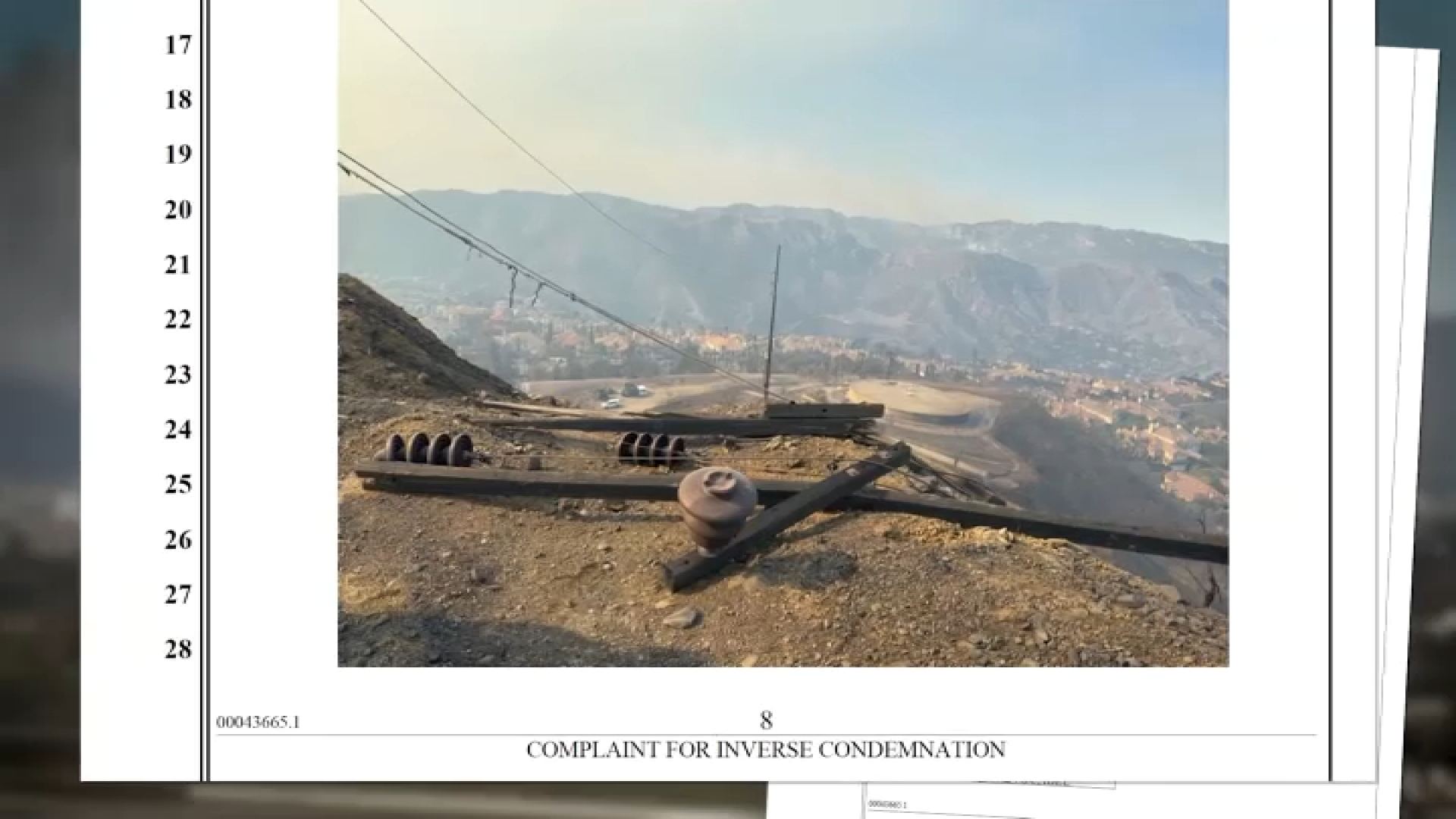Dr. John Ioannidis is among a growing number of scientists who believe the current shelter-in-place orders in California continue to impose excessive and potentially harmful measures on most of the population, while failing to adopt strong enough restrictions to adequately protect those who are most vulnerable to the coronavirus.
“We can take even more draconian measures to protect people and locations and settings that we know at very high risk,” said Ioannidis, a Harvard-trained doctor of internal medicine, infectious disease specialist and professor of medicine at Stanford University.
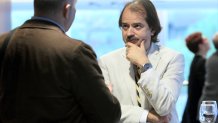
Ioannidis believes the initial lockdown was the right approach in March, when little was known about COVID-19. Now, however, that more data is available, he is calling for more extreme protections for people who are at high risk of infection, including the elderly and those with heart disease, diabetes and pulmonary disorders.
Vulnerable people, he believes, should continue to shelter in place, and anyone living or working in a high risk setting should receive weekly COVID-19 testing and careful contact tracing. He recommends similar measures for meat packing plants, prisons and especially nursing homes, where Centers for Disease Control data shows about one-third of all deaths have occurred.
At the same time, Ioannidis is convinced that shelter in place orders are doing great harm to the rest of society.
“We know that 95% of the population has practically minimal risk,” he said, adding “It's unlikely that in the current situation we are really saving lives. I think that probably we're killing people by following some of these measures for forever.”
NBC4 Investigates
NBC4 Investigates breaks local news on stories that affect our community directly. Here are the latest investigations out of LA and SoCal.
According to the American College of Emergency Physicians, 29% of Americans are avoiding or delaying medical care due to fear of catching the coronavirus.
Dominic Battel, a 38-year-old father of two, put off going to the hospital after feeling chest pains. It was a Sunday in April and he spent the day working on his house and playing with his kids. His wife, Cortney, said Dominic was afraid if he went to the hospital he would catch the coronavirus.
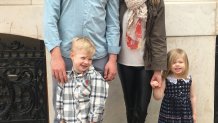
“We felt the messaging was that if you really are, you know, in severe having severe symptoms related to COVID and if you're unable to breathe, then that's really when you should go and kind of otherwise manage the symptoms on your own at home. And I do think that messaging played into that fear and the reluctancy,” said Cortney.
By nightfall, Cortney could see her husband was in serious pain and called 911. As the paramedics arrived and prepared to take Dominic to the hospital, he collapsed.
“We kissed, and to say goodbye - and he said, I love you. And then he went down,” said Cortney.
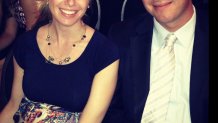
Dominic died of a heart attack at his home.
“This shouldn’t have happened. He was 38 years old and our story wasn’t over,” said Cortney.
“Shortly after the shelter in place order came in, we saw a fairly significant decline in people seeking medical attention,” said Dr.Chris Colwell, Chief of Emergency Medicine at San Francisco General Hospital.
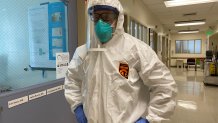
“We've had patients die in the emergency department, and shortly thereafter, having experienced the complications of not seeing medical care earlier, said Colwell, adding that in some cases, people who avoided care, particularly stroke victims, will face longer or less complete recovery because they delayed seeking medical attention.
“At least every week we are seeing somebody who is going to suffer and is suffering severe consequences from having delayed care for fear of coming to the hospital,” said Colwell, who stresses that he’s convinced hospitals today are safe environments.
“If you're having severe symptoms like chest pain, like numbness or weakness in extremities, things where you're worried about heart attacks, strokes, diabetes, come to the emergency department. You can absolutely do that safely,” he said.
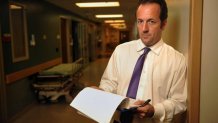
Aside from delayed medical care, Dr. David Katz, a Yale-trained specialist in preventive medicine and public health, testified before Congress that prolonged shelter-in-place orders can also lead to unemployment, financial hardship, poverty, food insecurity, depression, anxiety, addiction, and suicide.
Katz is one of more than 9,000 doctors and scientists who have signed the Great Barrington Declaration, a statement that calls for stronger preventive measures for vulnerable people:
- Nursing home staff and visitors should receive frequent COVID testing
- Staff rotation in nursing homes should be minimized
- Retired people living at home should have groceries and other essentials delivered at their homes, and should meet other family members outside rather than inside whenever possible
Based on the number of U.S. cases so far, Katz points out that Americans are “more likely to be injured in a car crash this year than to get COVID.” He stresses the importance of “protecting those most vulnerable to severe infection” and “phasing back to relative ‘normalcy’ those least vulnerable.”
Those who support a broad lockdown, however, say it remains the best weapon we have to fight COVID-19.
Dr. Sara Cody, Santa Clara County’s health director, recently told reporters she believed a lack of restrictions caused a summer spike in COVID-19 infections.“I think that people got a sense that because things were open, that it was safe. Right? But the truth is that COVID-19 is still circulating widely in our community,” said Cody.
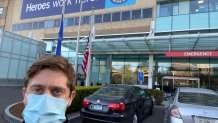
“You don't want to reopen prematurely while there's still a lot of COVID in the community and then start to have more cases and then have to scale back in and close things back down, said Dr. Edward Melnick, an assistant professor of emergency medicine at Yale University.
He believes it is risky to reopen too soon, even with tight restrictions for vulnerable people.
“If an elderly person or someone who's chronically ill has a really tight circle, they're more likely to come into contact with somebody of their own household who then brings that infection home,” said Melnick.
“We have to balance everything,” counters Ioannidis. “I believe that in the current situation, prolonged lockdowns are going to do enormous harm to health and more."

